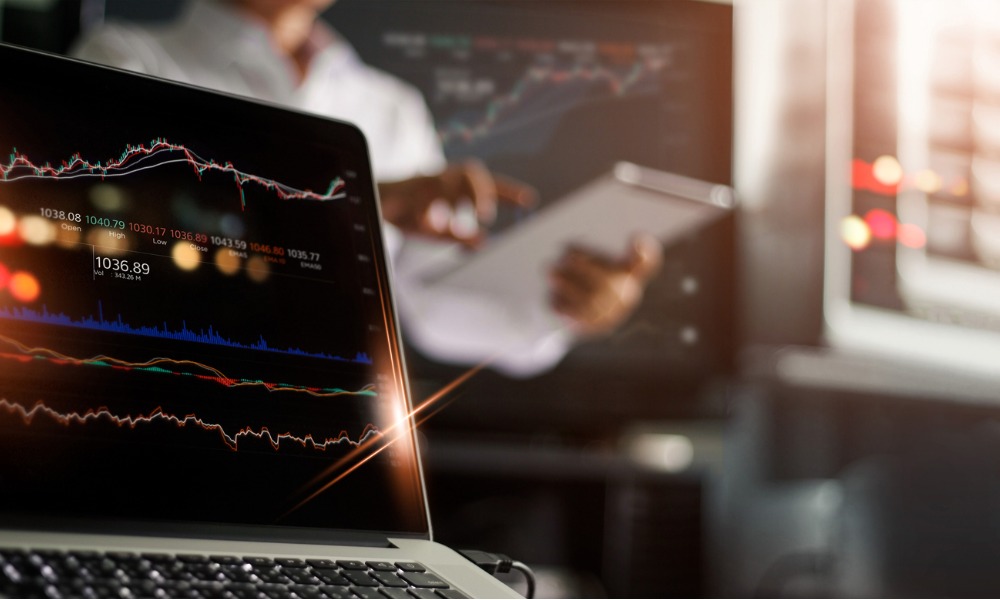Investment firm explains how it reacted to March meltdown, moving swiftly to pick up dividend growers at more reasonable valuations

In the middle of the March meltdown, the smart active managers went hunting for bargains. Bristol Gate Capital Partners were no different, fully aware that the sell-off was likely to throw "the baby out with the bath water".
In its second article with WP – the first looked at its growth to $1.75 billion – president Michael Capombassis reflected on the global pandemic that triggered the rapid crash and recession.
The company combines data science and fundamental analysis in its process, and has a proprietary machine learning model that predicts dividend growth a year in advance. It’s a method that aims to eliminate human bias from the screening process and provide an analytical edge over its competitors. Focused on high-dividend growth at the highest quality, its strategy means it hasn’t been able to own a lot of the wealth creators that have thrived in lockdown, including some grocers, FAANG stocks and many heathcare firms racing to get COVID-19 treatment to market.
There were opportunities out there but, on the flip side, adjustments had to be made to some companies already in the portfolio. Bristol Gate owned Boeing and Southwest Airlines, which was a wonderful dividend grower up until February until, obviously, the travel industry ground to a halt. Neither name was a viable hold anymore but in every crisis there is a silver lining.
“We were able to buy a handful of names that we’d been looking at for a while as great dividend growers going forward, but at much more reasonable valuations,” Capombassis said.
These included Activision, the biggest publisher of online video games, and Moody’s, which Capombassis described as a “wonderful business”, especially with many people now refinancing debt and needing a credit rating. Both were bought at lower valuations than they’d seen over the past year and are names Bristol Gate envisages holding for years to come.
While a long-term investor, he admitted there is no playbook for a global pandemic and that most of us are in the dark right now. Every name in its portfolio is stress tested to see how it will hold up with respect to the business and dividend. If this recovery gets pushed out six or 12 months, for example, what does it mean for these companies?
He said: “We could have another episode of the virus really flaring up in the fall and cause companies to temporarily shut down again. Obviously, it's a very fluid situation given the world that we live in.”
He added: “Everybody is trying to get their heads around what the world's going to look like in the next six months or next year or next three years. We know there is a light at the end of the tunnel and we will recover and the economy will recover, but we'll have to see how it unfolds because this is something new for everybody.”
Bristol Gate’s model forecasts dividend growth for S&P companies for the next 12 months. It’s designed to function in a conventional business cycle not a global pandemic. However, Capombassis said over February to March, it did pick up significant slowing of dividend growth for the universe of its stocks. That helped focus the fundamental analysis to build the final portfolio of 22 stocks.
“There are certain names that come in and out of our focus list in terms of where we spend our fundamental time analyzing to build our final 22. With some of the names, we weren't comfortable with evaluations and then in March, of course, there was an abrupt 35% drop.
“The market was down an unprecedented amount and there was a lot of gloom out there but I don't think anybody would have predicted the kind of rebound in the market.”



